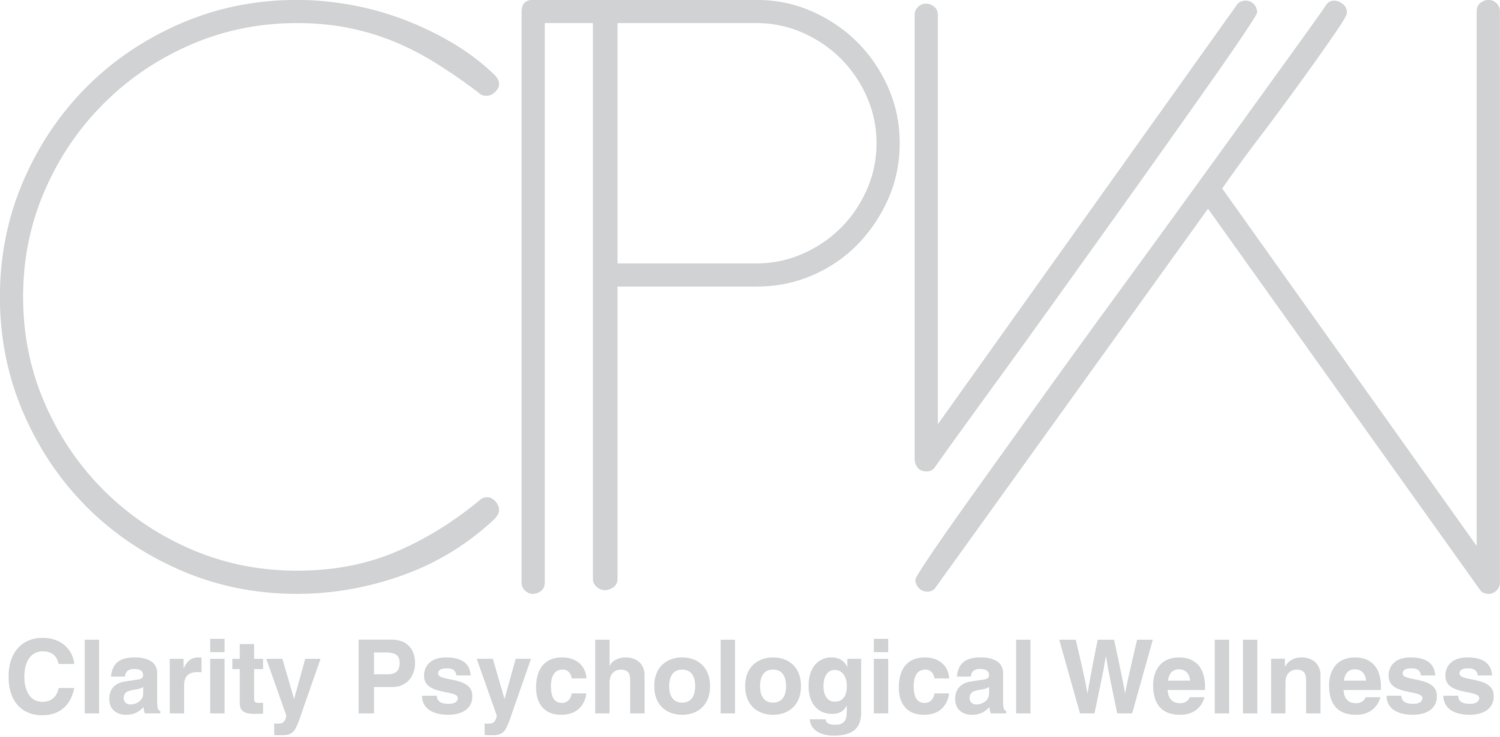
Trauma Therapy
Unfortunately, most of us have experienced or will experience some sort of trauma in our lifetimes. Trauma can include experiences such as accidents, medical procedures, sexual harassment, emotional neglect, birth trauma or anything that overwhelms your ability to cope. And traumatic events can have such persistent impacts on our life (e.g., depression, anxiety, worry, chronic stress, chronic pain, disconnection, social anxiety, isolation, etc) that it becomes hard to identify the trauma itself.
In fact, trauma is incredibly prevalent with 70% of adults having experienced a traumatic event in their lifetime. It is the emotional or psychological response to an experience that is distressing and compromises your sense of safety. Traumatic experiences may involve fearing for your life, but any experience that leaves you feeling overwhelmed, helpless and isolated can be considered traumatic.
Impact of Traumatic Experiences
Those that experience trauma don’t necessarily have to develop Post-traumatic Stress Disorder for the trauma to be carried with them and negatively impact their life. And because of the way our brains often process trauma, we can be impacted without our even knowing it, draining us like an unknown computer program running continuously in the background. Your response to a terrifying experience (fight, flight, freeze, fawn) makes sense! But often the body gets ‘stuck’ there and our nervous systems remain overactive across time.
How an event affects someone is unique to each individual. In other words, it’s not just the severity of the situation that determines whether or not something is traumatic. The impact of a traumatic experience is often magnified if you’re under acute or chronic stress or have experienced traumatic events in the past. Trauma that happens early in our development can shake the very foundation of our sense of self and safety. It can profoundly impact subsequent relationships or our ability to show ourselves compassion. Trauma can lead to toxic shame, depression, social anxiety, feeling disconnected, intense loneliness, insomnia, and difficulty regulating emotions.
Our Trauma Therapists in Raleigh Are Here to Help
Our therapists will take the time to understand the depth of your experience at your pace. Our first priority in trauma treatment is to develop a trusting and supportive relationship with you. This process of truly being seen and heard in and of itself can be healing. We will help you build insight into exactly how past traumas are affecting your current life, guide you through new ways of coping and help you to gain the freedom to live the life you desire for yourself.

